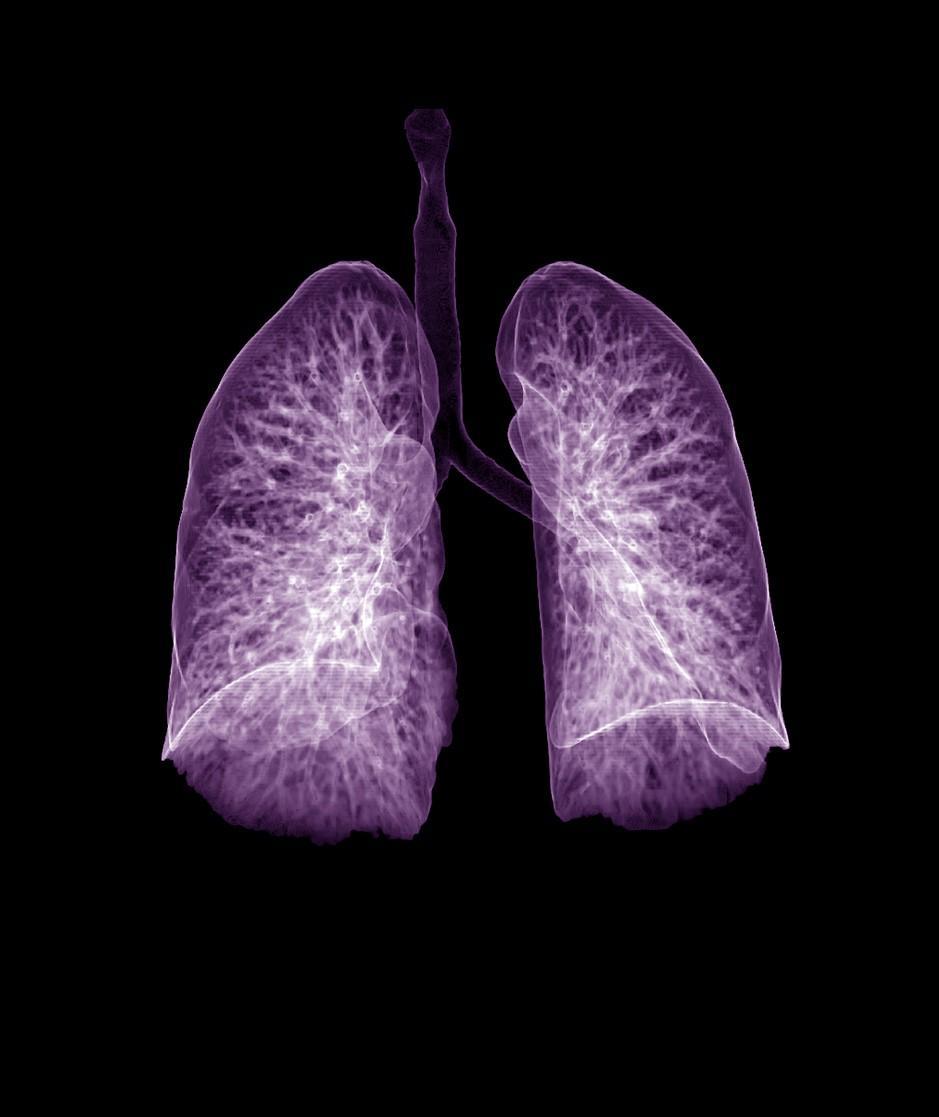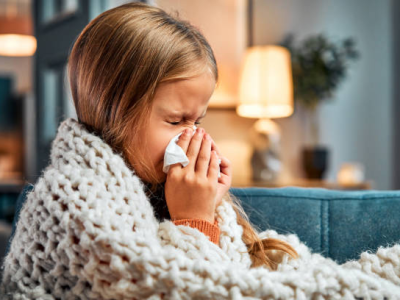A quarter of COVID-19 survivors had impaired lung function 1 year after infection, and older patients, those with more than three chronic conditions, and those with severe cases improved slower than other patients over time, a Dutch study published yesterday in PLOS One reveals.
A team led by University of Amsterdam researchers evaluated diffusing capacity for carbon monoxide (DLCO), spirometry results, and health-related quality of life (HRQL) in 301 COVID-19 survivors who underwent at least one lung-function test from May 2020 to December 2021. Median patient age was 51 years, and 56% were men.
The study involved 349 patients total.
Nearly half of patients hospitalized
Of the 301 participants who had lung-function testing, 30% had mild, 44% had moderate, and 26% had severe or critical COVID-19. Older age, higher body mass index, more chronic conditions, and the presence of cardiovascular disease, diabetes, and chronic lung diseases other than asthma or chronic obstructive pulmonary disease (COPD) were more common among patients who had severe infections than among those with mild cases.
A total of 47% of patients were hospitalized. On admission, 86 hospitalized patients received low-flow oxygen, 15 required high-flow oxygen, and 29 needed invasive mechanical ventilation. Thirty-nine patients were admitted to the intensive care unit and stayed for a median of 6 days. Overall, 70 participants received the corticosteroid dexamethasone, and 10% were given the anti-inflammatory drug tociluzimab.
At 1 month of follow-up, a below-normal DLCO was seen in 26% participants with mild, 23% with moderate, and 74% with severe COVID-19. In the mildly ill group, no statistically significant improvement in single-breath diffusion capacity occurred up to 1 year after symptom onset.
These data imply that guidelines regarding revalidation after COVID-19 should target individuals with moderate and severe/critical disease severities.
Among patients with moderate disease, improvement in spirometry results was seen from 1 to 6 months but not from 6 months to 1 year. DLCO improved over 1 year in patients with moderate and severe infections, which the researchers said suggests that COVID-related lung damage can be reversed to some degree over time.
Quality of life rebounded at 1 year
At 1 year of follow-up, 25% of the 349 hospitalized or non-hospitalized participants had impaired lung function, including 11%, 22%, and 48% of those with mild, moderate, or severe/critical COVID-19, respectively.
After adjustment for age and sex, the researchers found that older age, more than three chronic conditions, and severe or critical illness were tied to slower improvement of lung function over time. HRQL improved over time and was similar to those without impaired lung function at 1 year.
"The prevalence of impaired pulmonary function after twelve months of follow-up, was still significant among those with initially moderate or severe/critical COVID-19," the study authors wrote. "Pulmonary function increased over time in most of the severity groups. These data imply that guidelines regarding revalidation after COVID-19 should target individuals with moderate and severe/critical disease severities."






















